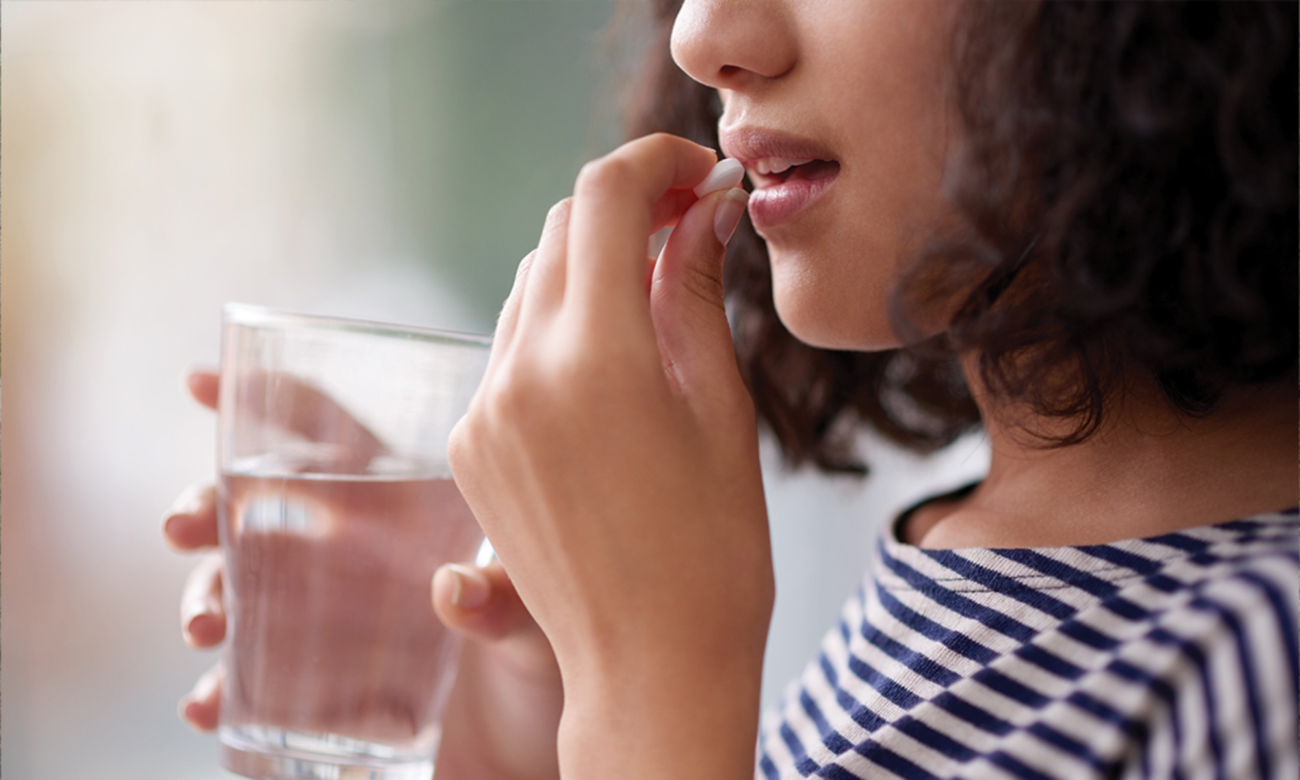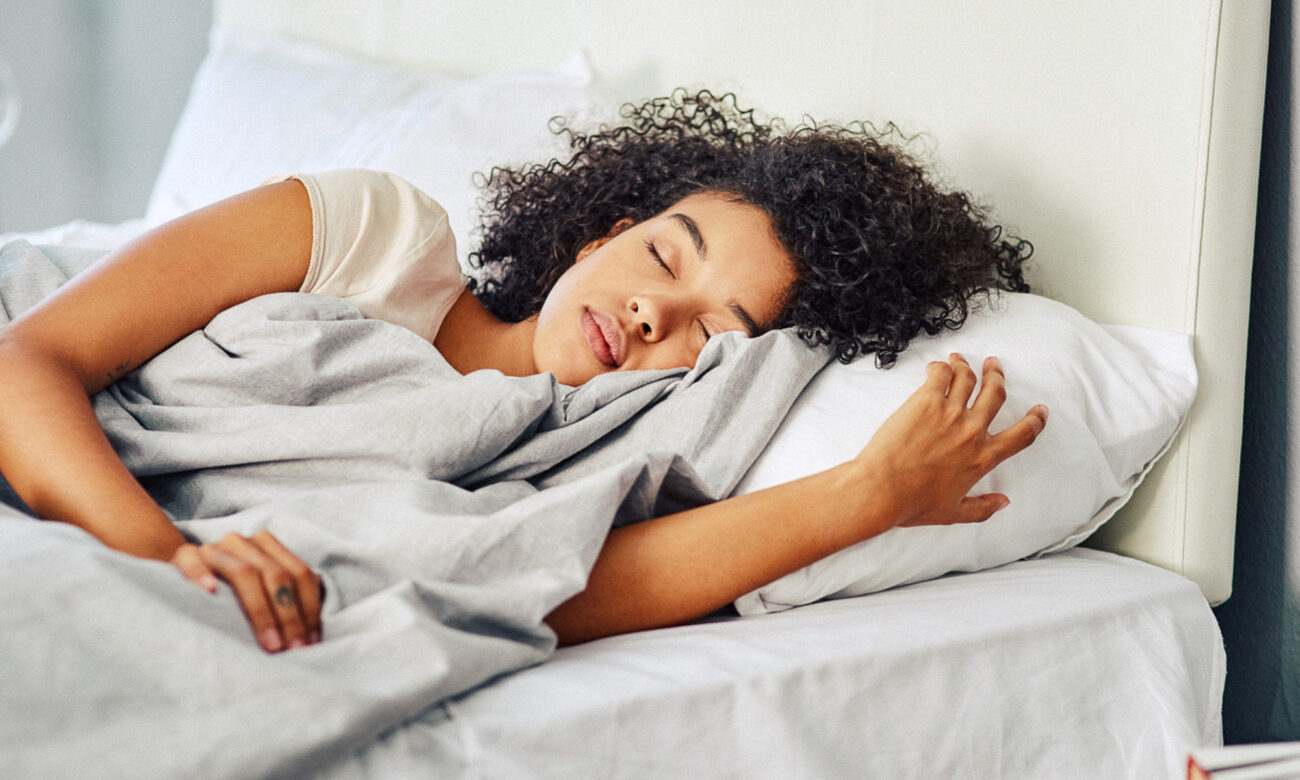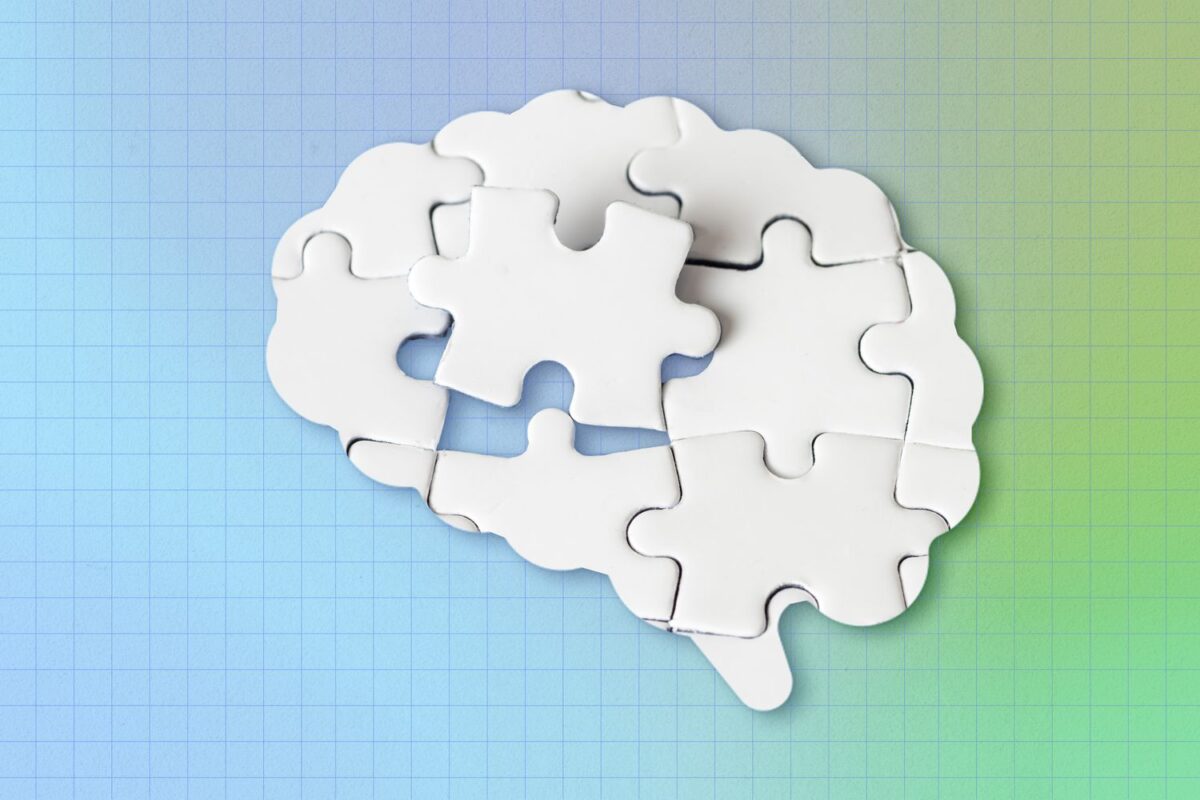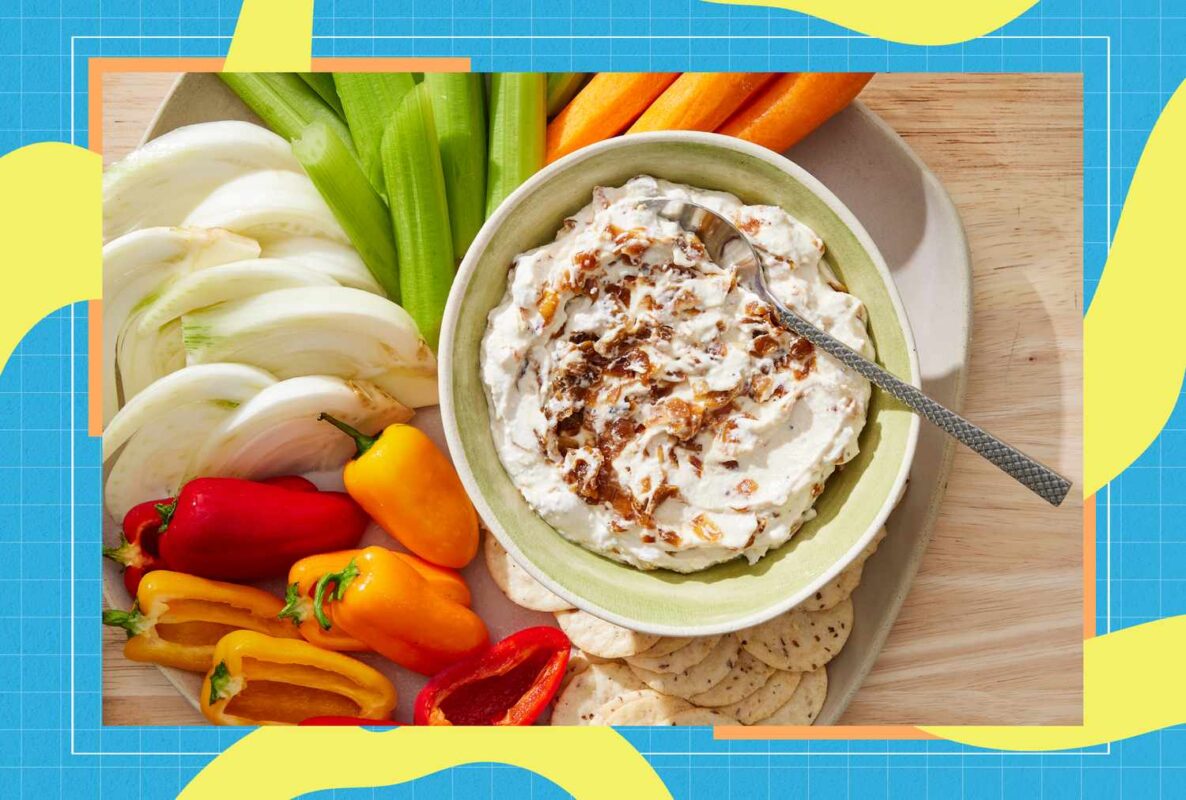Blog
4 Things to Avoid After 5 P.M. to Reduce Stroke Risk

- Stroke is a leading cause of death, but small, consistent habits can reduce your risk.
- It’s easy to focus on what to do by day, but experts say our nighttime habits matter, too.
- They suggest moving more, getting enough sleep and avoiding late meals and alcohol.
Stroke is one of the leading causes of death in the United States. And according to the Centers for Disease Control and Prevention, it’s on the rise. So, you may be wondering how you can reduce your odds. Part of the answer may lie in your nighttime habits. “It’s the small, consistent habits we do every day that can have a significant impact on reducing our risk of multiple chronic diseases, including heart disease and stroke,” says Simran Malhotra, M.D., DipABLM, CHWC. “Modifiable risk factors of stroke are things that are in our control, like eating a whole food fiber-rich diet, regular movement, restorative sleep and limiting risky substances like tobacco and alcohol.”
In fact, research shows that up to 84% of strokes are linked to modifiable lifestyle factors. Some of that means focusing on your 9-to-5. Yet what you do–and don’t do–after hours can also have a lasting impact on your odds. To help you make the most of those evening hours, we reached out to cardiovascular health experts. Here are the key nighttime habits they recommend avoiding to cut your risk of having a stroke.
1. Eating a Late Dinner
Eating late at night might feel like a normal part of your routine, especially if the day gets away from you. But it could be putting your brain and heart health at risk. “Late meals may disrupt your body’s circadian rhythm and negatively affect blood pressure and metabolism, says Michelle Routhenstein, M.S., RD CDCES, a dietitian who specializes in cardiovascular health. Over time, these disruptions may increase your risk of cardiovascular issues, including stroke.
Research has found that eating your last meal of the day after 9 P.M. is associated with a higher stroke risk compared to eating dinner earlier. A similar increased risk is linked to eating a late breakfast, suggesting that the timing of both your first and last meals may play a bigger role in stroke risk than previously believed. Making a habit of eating earlier, both in the morning and at night, could support your body’s natural rhythms and protect against stroke.
2. Lounging on the Couch
After dinner, it can be tempting to park yourself on the couch to relax for the evening, especially after a long day. While rest is important, spending too much time lounging around at night could increase your risk of stroke, particularly if you already sit for long periods during the day. Even if you’re young. For instance, one large study found that physically inactive people under 60 who spent more than eight hours a day watching TV, using the computer or reading were three and a half times more likely to experience a stroke than people who spent less free time in sedentary activities.
The good news is even small amounts of activity can be beneficial. “Taking a 20-minute post-dinner walk can help with digestion while optimizing blood sugar control,” says Malhotra. “This can help with reducing the risk of prediabetes, diabetes, high blood pressure and ultimately heart disease and stroke.” If you’re walking to lower your risk of stroke, picking up the pace can help even more. According to one meta-analysis, every 0.66-mile-per-hour increase in a person’s walking speed was linked to a 13% reduction in stroke risk.
3. Sipping a Nightcap
If your evening wind-down routine includes a glass or two of wine, beer or bourbon, you may be setting the stage for stroke without realizing it. While past research suggests drinking may provide some protection against stroke, more recent evidence challenges that idea. “Alcohol increases inflammation and damages cells,” says Troy Alexander-EL, M.D. For instance, one of the largest international studies on stroke risk found that moderate and high alcohol intake were linked to a greater risk of stroke. Even downing five or more drinks per day just once a month raised a person’s risk. Given the entirety of the evidence, swapping your routine nightcap with an herbal tea or mocktail could be a simple way to reduce your odds.
4. Staying Up Too Late
If you’re burning the midnight oil watching TV, scrolling on your phone or catching up on work, you may be doing more harm than good. “Sleep is the foundational longevity pillar and the most underrated lifestyle habit,” says Malhotra. Research has found both too much or too little sleep can up your risk of stroke. However, sleeping too much may be even more detrimental than not sleeping enough. The proof? One meta-analysis found that people who slept five or fewer hours per night were 33% more likely to experience a stroke. However, those odds rose to 71% in people who slept eight or more hours nightly. Since both too little and too much sleep are problematic, getting those nightly eight hours is a good goal. Keeping consistent bed and wake-up times, even on weekends can also be helpful, says Malhotra.
Our Expert Take
Stroke is a leading cause of death, and its numbers are on the rise. While some risk factors, like age and family history, are out of your control, your health habits can go a long way in reducing your odds. Of course, it’s easy to focus on what we do during the day. But what you do–and don’t do–after 5 P.M. can have a surprising impact on your chances of having a stroke, say cardiovascular health experts. To reduce your risk, they recommend skipping that nightcap, spending less time on the couch, avoiding late meals and turning in early. These simple evening choices may sound small, but they can add up to big benefits for your heart and brain health.












